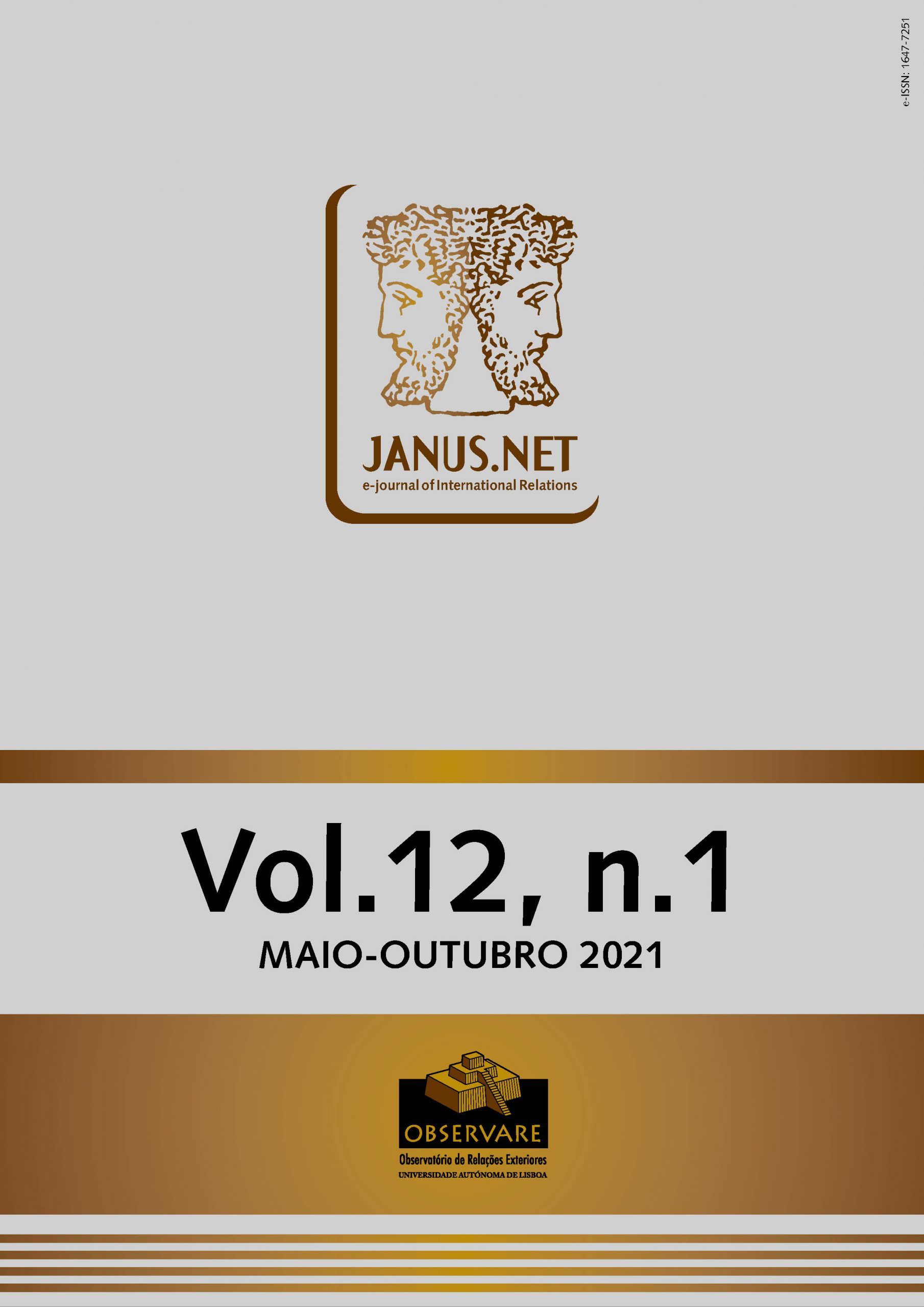The declaration of state of emergency is a common legal practice used by states to overcome extraordinary situations. Within the framework of the state of emergency, on the one hand, the competences of the governments are increased and, on the other hand, the rights and freedoms of individuals are limited or suspended temporarily. The main goal of the state of emergency is to provide the necessary legal means that will enable the political government and the bureaucratic administration to end the extraordinary situation as early as possible. The governments shall use these extraordinary competences fairly and justly. These competences shall not be abused for political purposes and for intimidation of opponents. Even though the rights and freedoms can be limited or suspended during the state of emergency, basic human rights cannot be violated. Practices of the state of emergency shall strictly fall within the scope of the situation which rendered it necessary. This article examines the balance between state of emergency practices and respect for human rights in the particular case of Turkey, which declared the state of emergency in the aftermath of the failed coup of July 2016. In this respect, a special focus is devoted to the case of the mass dismissal of public servants by extraordinary decrees during the state of emergency and to the conformity of these mass dismissals with the European Convention on Human Rights.
STATE OF EMERGENCY PRACTICES AND HUMAN RIGHTS: THE CASE OF MASS DISMISSALS OF PUBLIC EMPLOYEES IN TURKEY
He has a Bachelor degree in Public Administration from Marmara University, Istanbul. He received a Master degree on EU and Political Science from IEP of Strasbourg. He was admitted to the renowned French École E.N.A. (Ecole Nationale d'Administration) where he followed the "Cycle International Longue" programme. He was awarded a Ph.D. degree in Modern Turkish History from Hacettepe University, Ankara. He worked between 2005-2016 as a career diplomat at the Turkish Ministry of Foreign Affairs. He served in several Turkish diplomatic missions abroad. He is currently an independent researcher specialized in international relations and
human rights issues (Turkey).
Resumo
Palavras-chave
Como citar este artigo
Bedir, Ömer (2021). State of emergency practices and human rights: The case of mass dismissals of public employees in Turkey. Janus.net, e-journal of international relations. Vol12, Nº. 1, May-October 2021. Consulted [online] at date of last visit, https://doi.org/10.26619/1647-7251.12.1.12
Article received on 22 December, 2020 and accepted for publication on 10 March, 2021















